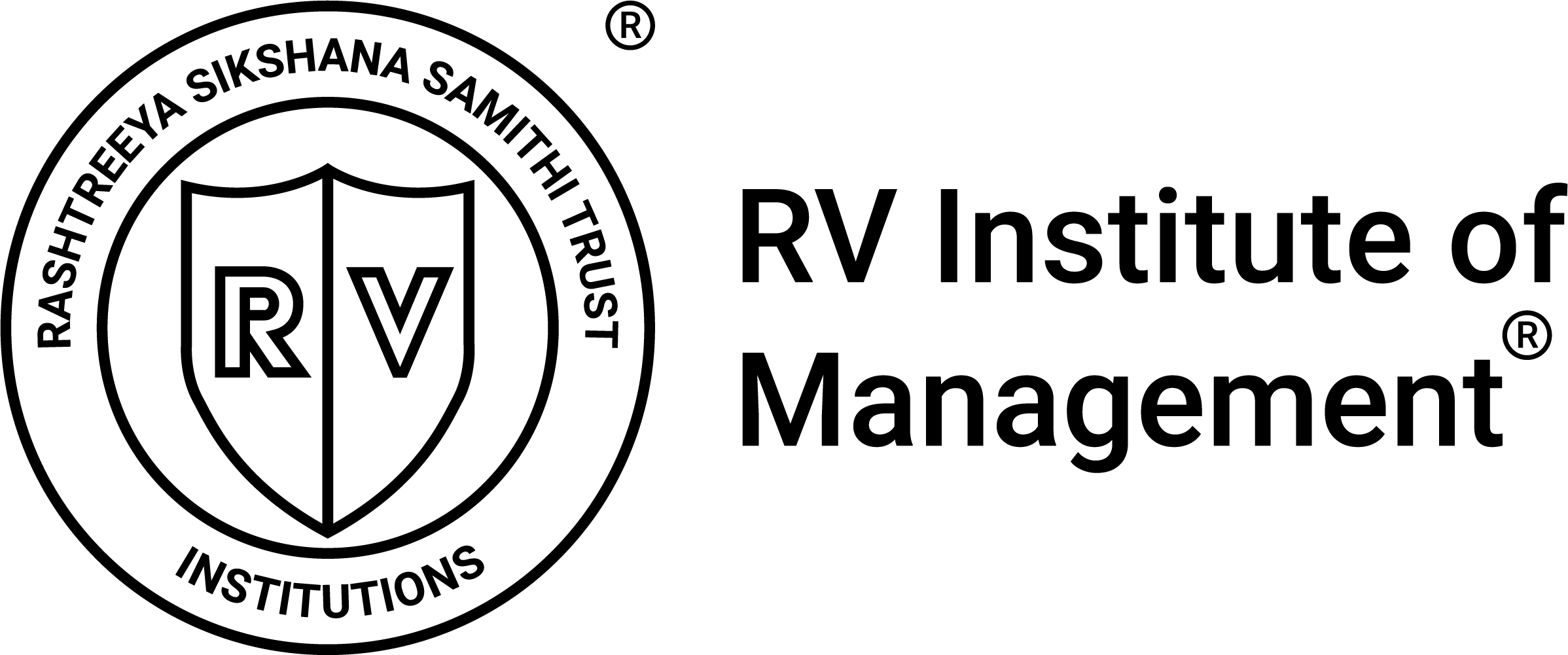CURRICULUM
POST GRADUATE DIPLOMA IN BUSINESS ANALYTICS (PGDBA)
A Post Graduate Diploma in Business Analytics is a specialized program that provides students with a comprehensive understanding of the analytical techniques, tools and skills required to interpret data and derive insights for business decision-making. This course equips individuals with the skills and knowledge necessary to excel in the field of business analytics, which involves using data-driven insights to make informed business decisions. This program is highly rated in today’s data-driven business landscape, where organizations rely on data analysis to make informed choices and optimize their operations. This type of program typically covers a wide range of topics, including statistics, data analysis, data visualization, machine learning, and more. Here’s an introduction to what you can expect from such a course:
Course Overview: A Post Graduate Diploma in Business Analytics is a comprehensive program that aims to equip students with a strong foundation in both business and analytics. The course is structured to cover various aspects of data analysis, interpretation, and application to real-world business scenarios. The course introduces individuals to the fundamental concepts, methodologies and technologies used in analyzing business data to generate actionable insights. They will also learn how to leverage data-driven approaches to enhance decision-making, solve complex business problems and create value.
Click the following links for more details:
- Statistics and Data Analysis: Learning foundational statistical concepts and techniques to extract meaningful insights from data
- Data Visualization: Understanding how to create visual representations of data to communicate findings effectively. They also learn how to effectively communicate insights drawn from data through visualizations and presentations.
- Data Mining: Exploring methods to discover patterns, trends, and relationships within large datasets.
- Machine Learning and Deep Learning: Introducing machine learning and deep learning algorithms to solve business problems and automate decision-making processes.
- Big Data Analytics: Focuses on dealing with large and complex datasets using technologies like Hadoop and Spark.
- Business Intelligence: Applying data-driven insights to solve business problems, improve strategies, and enhance decision-making.
- Predictive and Prescriptive Analytics: Using historical data to make predictions about future outcomes and recommending optimal actions. This course covers advanced techniques for using historical data to predict future outcomes and trends.
- Text and Social Media Analytics: This course focuses on analyzing unstructured data like text from social media, customer reviews, or surveys. Techniques like NLP, Sentiment Analysis, etc., are covered during the course.
- Business Intelligence and Reporting: Train the students on how to design and develop dashboards and reports to monitor key performance indicators (KPI) and track business metrics.
- Functional Electives: Students explore to how data analytics can be applied in different functional domains like Finance, HR, Marketing, Operations and Healthcare
- Ethical and Legal Aspects: Discuss the ethical considerations and legal implications of using data for business decisions.
- Case Studies and Projects: Engaging in hands-on projects and case studies to apply learned concepts to real-world scenarios.
The hybrid mode of instruction combines both online and in-person learning experiences. This approach allows working professionals to balance their existing job responsibilities with their educational pursuits. Online lectures, readings, assignments, and discussions provide flexibility in terms of when and where students engage with the material, while occasional in-person sessions, workshops, and networking events provide valuable face-to-face interactions.
Duration: 1 year program
The program is typically divided into semesters with the Capstone project. Each semester will last for a duration of 4+1 months and the capstone project is for 2 months. During the course students explore how data analytics can be applied in different functional domains like Finance, HR, Marketing, Operations and Healthcare. Each semester may include multiple courses focused on different aspects for specific subjects.
The program offered in a Hybrid mode. Students can access course materials, lecture videos using LMS. This flexibility allows learners to balance their professional and personal commitments while pursuing higher editions.
The program often emphasizes practical application through case studies, projects, and assignments that mirror real-world business challenges. This approach enables students to apply theoretical concepts to practical scenarios, enhancing their problem-solving and decision-making skills.
In conclusion, the PGDBA program in a hybrid mode offers a tailored educational experience for students and working professionals seeking to enhance their business acumen and career prospects. Its flexible structure, combination of online and in-person learning, and focus on practical application make it a valuable option for those looking to balance their professional commitments with their educational aspirations.
Framework Pertaining to PGDBA


| SUBJECT CODE | NAME OF THE COURSE | CREDITS | MAXIMUM MARKS | TOTAL | |
| CIA | SEE | ||||
| 23PGB111 | ADVANCED IT SKILLS | 03 | 50 | 50 | 100 |
| 23PGB112 | BUSINESS STATISTICS | 04 | 50 | 50 | 100 |
| 23PGB113 | INTRODUCTION TO BUSINESS ANALYTICS, DATA WAREHOUSING AND DATA MINING | 03 | 50 | 50 | 100 |
| 23PGB114 | DBMS & SQL | 03 | 50 | 50 | 100 |
| 23PGB115 | PREDICTIVE ANALYTICS USING R | 04 | 50 | 50 | 100 |
| 23PGB116 | EMERGING TECHNOLOGIES | 03 | 50 | 50 | 100 |
| 23PGB117 | ECONOMETRICS FOR DECISION MAKING | 04 | 50 | 50 | 100 |
| TOTAL | 24 | 350 | 350 | 700 | |
| SUBJECT CODE | NAME OF THE COURSE | CREDITS | MAXIMUM MARKS | TOTAL | |
| CIA | SEE | ||||
| 23PGB121 | MACHINE LEARNING USING PYTHON | 04 | 50 | 50 | 100 |
| 23PGB122 | PRESCRIPTIVE ANALYTICS | 04 | 50 | 50 | 100 |
| 23PGB123 | WEB & SOCIAL MEDIA ANALYTICS | 03 | 50 | 50 | 100 |
| 23PGB124 | BIG DATA ANALYTICS | 03 | 50 | 50 | 100 |
| 23PGB125 | DATA VISUALIZATION & STORYTELLING USING TABLEAU | 04 | 50 | 50 | 100 |
| FUNCTIONAL ELECTIVES (Any One) | |||||
| 23PGB221 | FINANCE & RISK ANALYTICS | 04 | 50 | 50 | 100 |
| 23PGB222 | HR ANALYTICS | ||||
| 23PGB223 | MARKETING & RETAIL ANALYTICS | ||||
| 23PGB224 | HEALTH CARE ANALYTICS | ||||
| 23PGB225 | OPERATIONS & SUPPLY CHAIN ANALYTICS | ||||
| OPEN ELECTIVE (Any One) | |||||
| 23PGB321 | DESIGN THINKING | 02 | 50 | 50 | 100 |
| 23PGB322 | PROJECT MANAGEMENT | ||||
| PROJECT | |||||
| 23PGB421 | REAL WORLD CAPSTONE PROJECT | 06 | 50 | 50 | 100 |
| TOTAL | 24 + 6 |
350 + 50 |
350 + 50 |
700 + 100 |
|
- PROGRAM SUMMARY
-

- COURSE MATRIX
-

- FIRST SEMESTER
-
SUBJECT CODE NAME OF THE COURSE CREDITS MAXIMUM MARKS TOTAL CIA SEE 23PGB111 ADVANCED IT SKILLS 03 50 50 100 23PGB112 BUSINESS STATISTICS 04 50 50 100 23PGB113 INTRODUCTION TO BUSINESS ANALYTICS, DATA WAREHOUSING AND DATA MINING 03 50 50 100 23PGB114 DBMS & SQL 03 50 50 100 23PGB115 PREDICTIVE ANALYTICS USING R 04 50 50 100 23PGB116 EMERGING TECHNOLOGIES 03 50 50 100 23PGB117 ECONOMETRICS FOR DECISION MAKING 04 50 50 100 TOTAL 24 350 350 700 - SECOND SEMESTER
-
SUBJECT CODE NAME OF THE COURSE CREDITS MAXIMUM MARKS TOTAL CIA SEE 23PGB121 MACHINE LEARNING USING PYTHON 04 50 50 100 23PGB122 PRESCRIPTIVE ANALYTICS 04 50 50 100 23PGB123 WEB & SOCIAL MEDIA ANALYTICS 03 50 50 100 23PGB124 BIG DATA ANALYTICS 03 50 50 100 23PGB125 DATA VISUALIZATION & STORYTELLING USING TABLEAU 04 50 50 100 FUNCTIONAL ELECTIVES (Any One) 23PGB221 FINANCE & RISK ANALYTICS 04 50 50 100 23PGB222 HR ANALYTICS 23PGB223 MARKETING & RETAIL ANALYTICS 23PGB224 HEALTH CARE ANALYTICS 23PGB225 OPERATIONS & SUPPLY CHAIN ANALYTICS OPEN ELECTIVE (Any One) 23PGB321 DESIGN THINKING 02 50 50 100 23PGB322 PROJECT MANAGEMENT PROJECT 23PGB421 REAL WORLD CAPSTONE PROJECT 06 50 50 100 TOTAL 24 + 6 350 +
50
350 +
50
700 +
100




